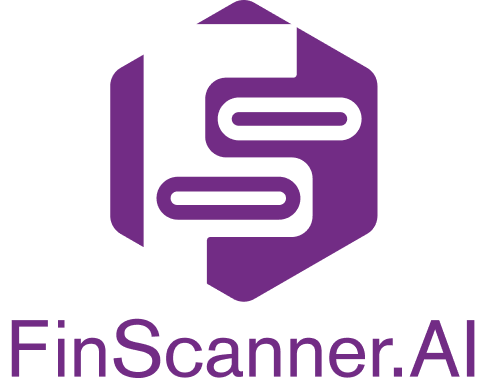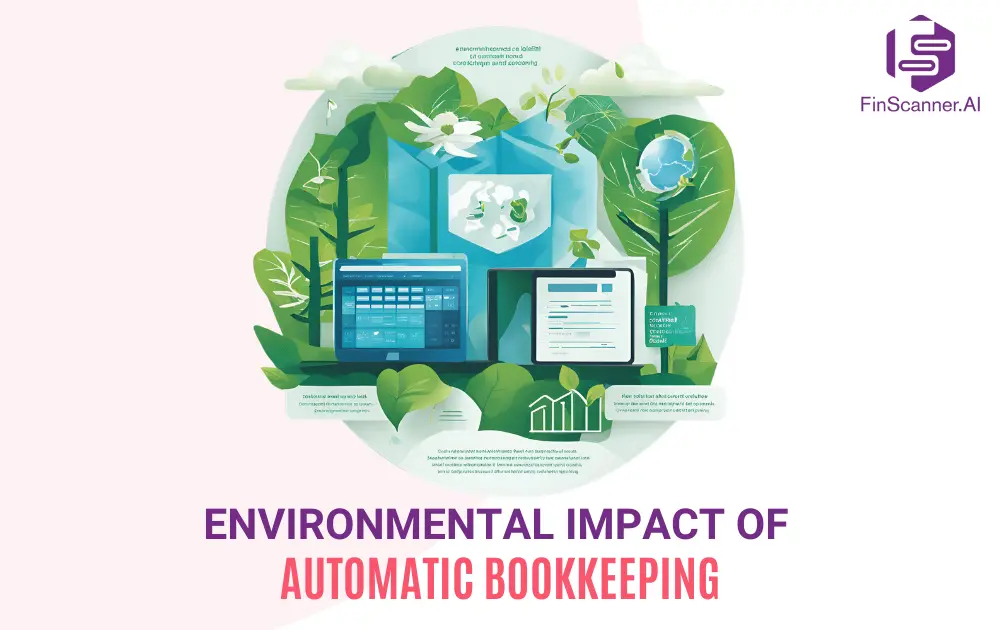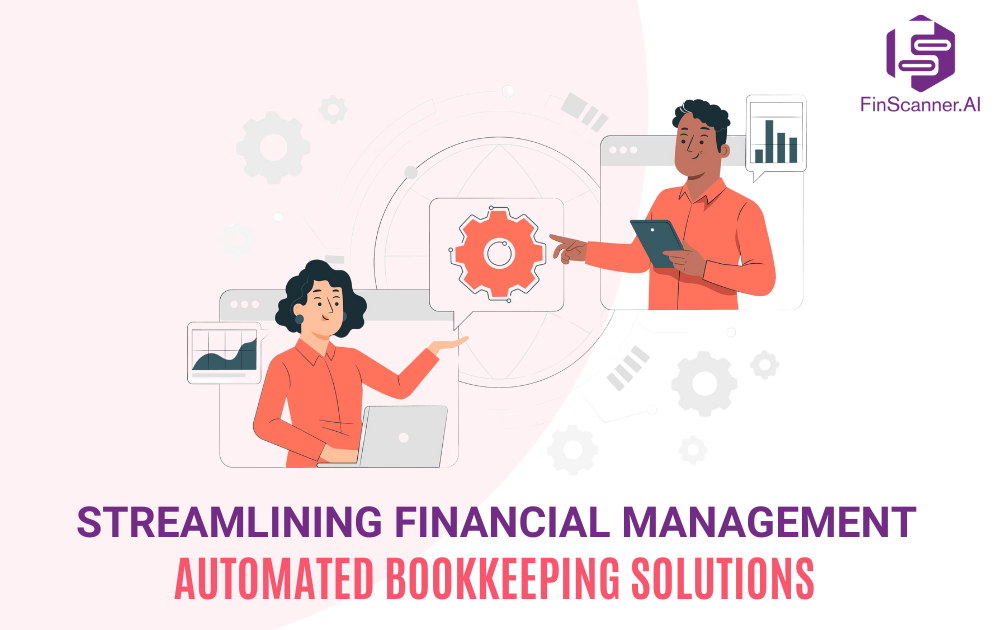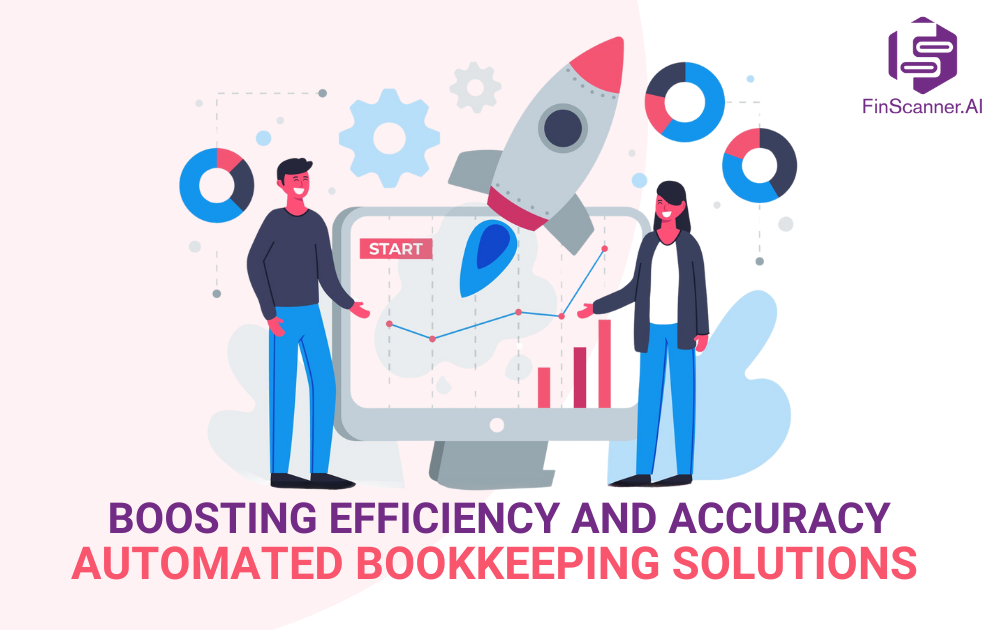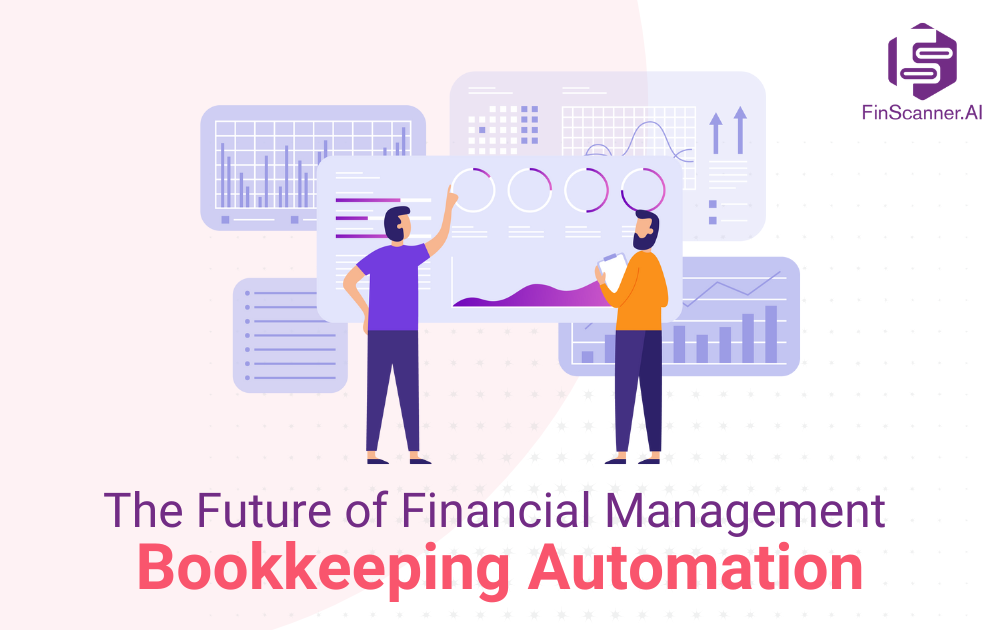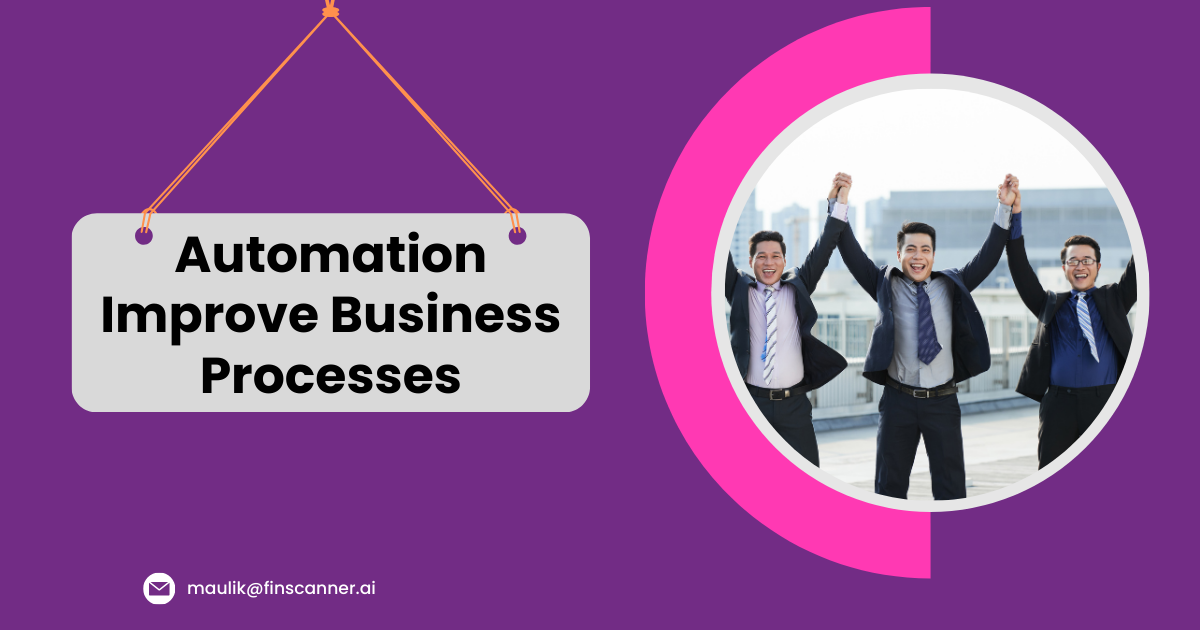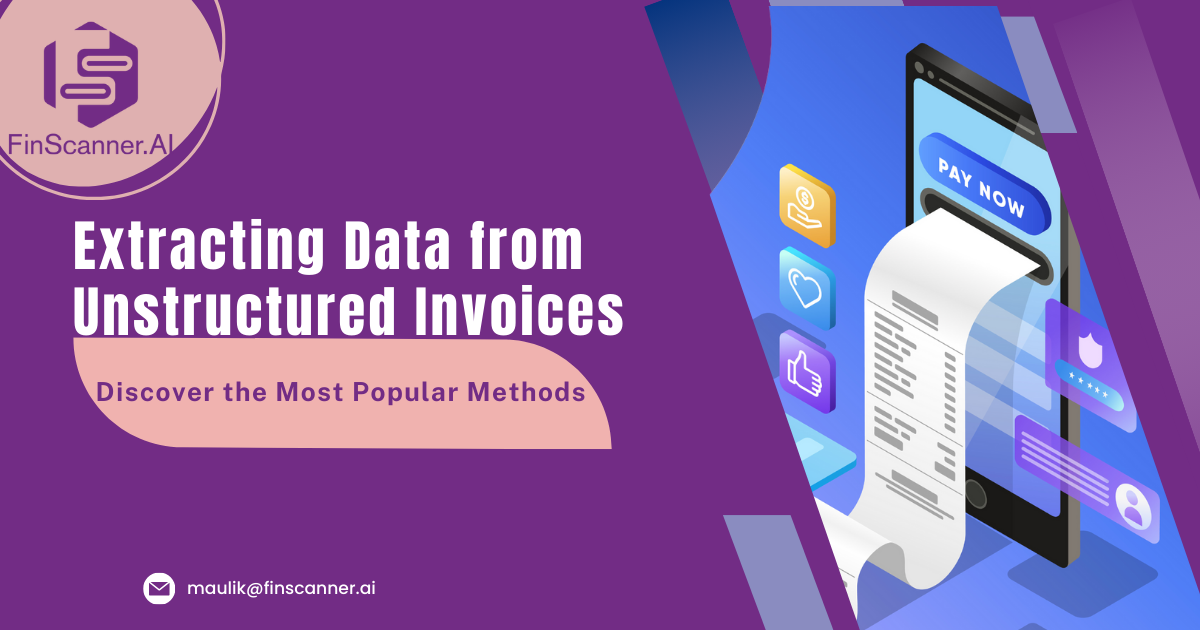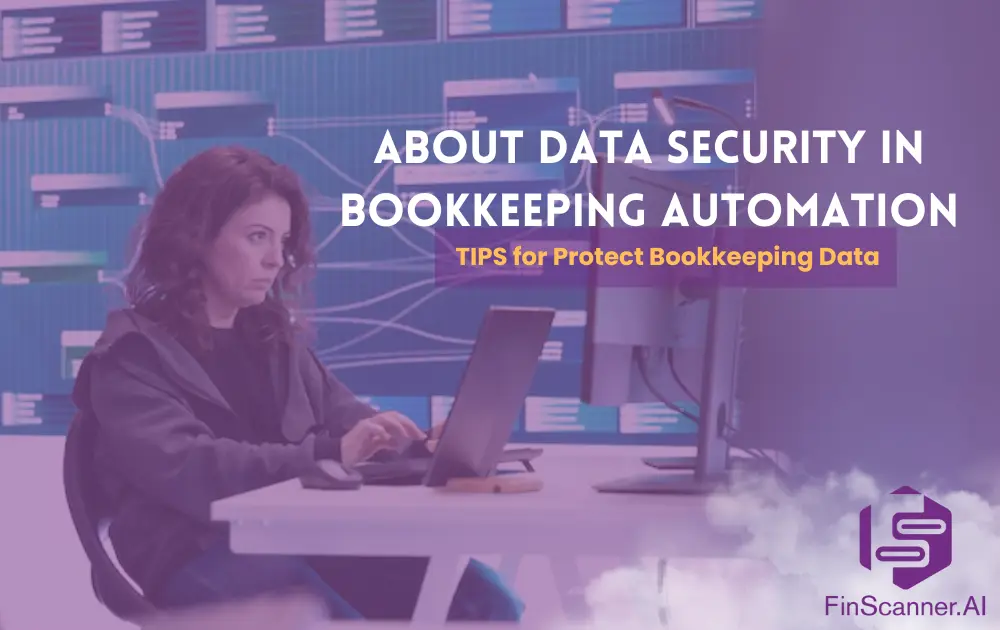
What You Need to Know About Data Security in Bookkeeping Automation?
Don’t you agree with the fact that bookkeeping automation has revolutionized the way businesses manage their finances? They offer increased efficiency, accuracy and productivity. However, as there are two sides to everything, with the benefits it offers, there is also a drawback that appears as a critical concern. This drawback is data security which most organizations fear. As sensitive financial information is transmitted and stored digitally, there is always a possibility of cyber threats, data breaches and unauthorized access. To protect your business’s financial integrity, it is essential to understand the data security implications of bookkeeping automation. To find out how you can follow bookkeeping security best practices, ensure confidentiality of information and more, read until the end
Is Data Security Important in Bookkeeping Automation?
Bookkeeping can be understood as a process where an organization’s financial operations are managed and recorded. Some of these operations may include income, expenses, assets and others. As this information is sensitive, protecting sensitive financial data becomes crucial so that it does not end up in the wrong hands. If it does not, then it can cause serious financial problems and legal issues and may also cause the organization to lose its reputation. In most cases, the authorities may impose harsh fines and penalties. As businesses across the world are becoming dependent on digital techniques to manage their finances, the risk of data breaches and cyber-attacks has increased. In such times, secure accounting software can be quite helpful as it will ensure that the data is protected by placing strong security measures.
What are the Common Threats to Bookkeeping Automation?
The risks that bookkeeping automation may face are diverse and ever-evolving. This is because of the advancement in technology. However, the most prevalent cyber threats that prey on human weakness are still phishing and social engineering techniques. Hackers will also constantly attack if the devices and networks are left unprotected. Businesses need to pay attention to the insider dangers that come from the employees of the organization. There may be intentional and inadvertent actions that may cause data security to be compromised.
Tips You Can Follow to Protect Bookkeeping Data
Are you worried that your company’s valuable information might get leaked? Wondering How to ensure data security in automated bookkeeping? Well, there’s no need to rush. Here are a few tips that you can follow without any further adieu.
- Two-Factor Authentication
One of the first best security practices for bookkeeping software that you can follow is two-factor authentication. Our software comes with this feature that further adds a layer of security.
Through this feature, users must provide two forms of identification to get access to the system. This could either come in the form of a verification code or a password in the registered device. With this feature, you will be able to secure accounting software and prevent any unauthorized access.
- Regular Software Update
Many organizations make the mistake of leaving the software as it is. Organizations must keep in mind that the software is regularly updated and remains secure.
Some of the updates that you must consider doing include security patches to address vulnerabilities while keeping your bookkeeping protected from risks of any kind.
- Encryption
You may come across the feature of encryption in financial software which allows you to keep important information safe. With this feature, organizations will be able to transform valuable information into the coded format.
The best part is that to get the information, one would require the decryption key. This ensures that no one gets access to the valuable information until required.
- Monitor and Audit Authorization for Financial Data
Another cloud-based bookkeeping security measure that you must conduct is monitoring and auditing authorization for financial data.
Through real-time monitoring and auditing, you will be able to review the access to the access information. Also, you will be able to detect any suspicious activity and save your organization from facing major losses.
- Ensuring Regular Backup
Now that you know the importance of data protection in bookkeeping automation, you should know that the next way you can keep the data safe is through regular backup.
As accounting software comes with the ability to automatically back up your bookkeeping data regularly, it gives you a safe copy of your data in case it is lost. Any organization that follows compliance in automated bookkeeping can prefer to follow this tip as it results to be extremely useful.
- Secure Network and Firewall Configuration
It is important for organizations they establish a secure network and solid firewalls. As organizations do this, it allows them to create a barrier and protect the information from unauthorized access.
In other words, if you have proper network segmentation, you can keep the entire system safe even if one part of the network ends up being compromised.
- Conduct Employee Training
There are times when your organization’s crucial information may be at risk due to the employees. In other words, human errors are one of the causes behind data breaches.
To ensure data privacy in accounting is maintained, organizations must conduct employee training to raise awareness regarding cybersecurity and the risks associated with it.
- Access Control
Whether you use secure cloud storage for accounting or regular software, you can now access control.
This means only specific members of the team will gain authorization to a particular information. By enabling this tip, you will not be able to set boundaries or protect the information but also maintain a level of integrity.
How to Pick the Best Accounting Software for Your Business?
Now that the importance of data security in automated bookkeeping has been introduced to you, it becomes essential to pick the right software. When making a selection, it becomes crucial to consider a few tips to ensure cybersecurity for bookkeepers including
- Consider the updates it provides
- Level of encryption being used
- Look for a two-factor authentication feature
- Make sure that you can easily control the software and offer permission as needed for automated bookkeeping.
- The dependability for data backups is essential
- It should be feature-rich and within the budget.
When you prioritize data security in your business and choose the right software that comes with robust security features, you will be able to get financial data protection. Also, you will be able to gain client’s trust while building a solid reputation in the market.
